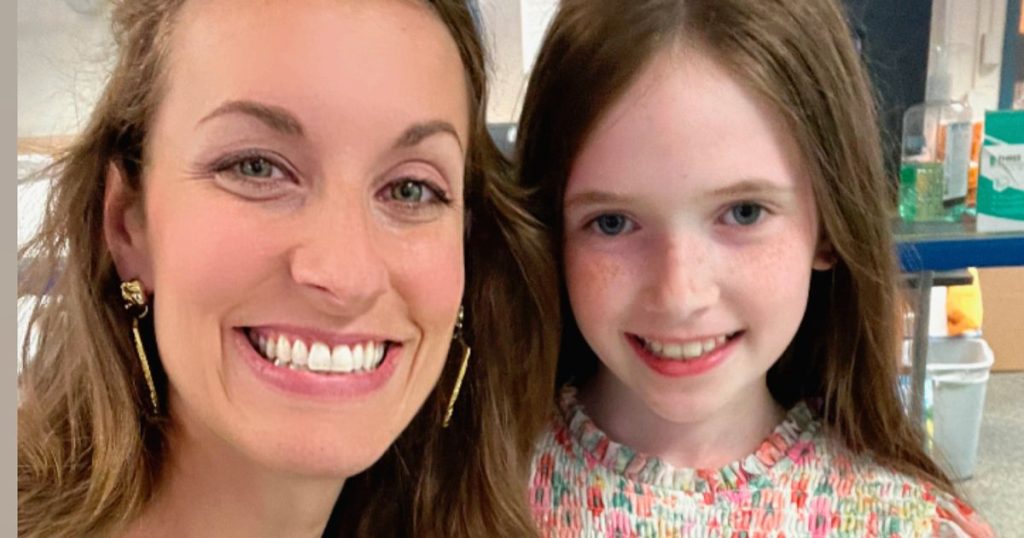In the fall of 2022, a mother, Lisa, received a phone call from her daughter’s fifth-grade teacher who expressed concerns about the child’s performance in school. Lisa had been suspecting something was wrong as she had witnessed her daughter, Ella, struggling with her schoolwork for years. This conversation prompted Lisa to take steps towards identifying the issue plaguing her daughter. Despite initial reassurances from other teachers, Mrs. Barlow suggested having Ella evaluated for Attention Deficit Hyperactive Disorder (ADHD), as she noticed behaviors characteristic of the condition.
After filling out a Vanderbilt questionnaire and consulting with a pediatrician, Lisa was informed that Ella showed signs of distractibility, difficulty following instructions, and other processing concerns. This prompted the need for a formal assessment, leading Lisa on a frustrating journey to find a provider who could conduct the testing. Finally, during winter break, Ella underwent testing and was diagnosed with non-hyperactive ADHD and anxiety as a comorbidity. This revelation shed light on Ella’s struggles and provided a path toward understanding and support.
Following the diagnosis, changes were implemented at school, including a 504 plan that allowed Ella to receive the necessary accommodations to succeed academically. With seating adjustments, check-ins from her teacher, and additional support, Ella began to show improvements in her grades and outlook on school. Cognitive behavioral therapy and organizational tools further aided in her progress, leading to a significant improvement in her academic performance.
As Ella entered sixth grade, the support and accommodations put in place during fifth grade continued to benefit her. With a newfound confidence and a willingness to seek help, Ella excelled in her studies, achieving almost all A’s by the end of the school year. Looking ahead to seventh grade, Lisa and Ella feel more prepared and supported, thanks to the early interventions and accommodations that have been instrumental in Ella’s success.
Reflecting on the journey, Lisa acknowledges the frustration of not identifying the signs of ADD and comorbidities sooner. However, she is grateful for Mrs. Barlow’s observant and caring nature, which played a crucial role in identifying Ella’s needs and providing the support she required. As Ella continues to navigate her academic journey, she does so with a newfound sense of confidence and a supportive framework in place, ensuring a smoother path forward. This experience serves as a reminder of the impact one person’s belief and support can have in transforming a child’s educational experience.








